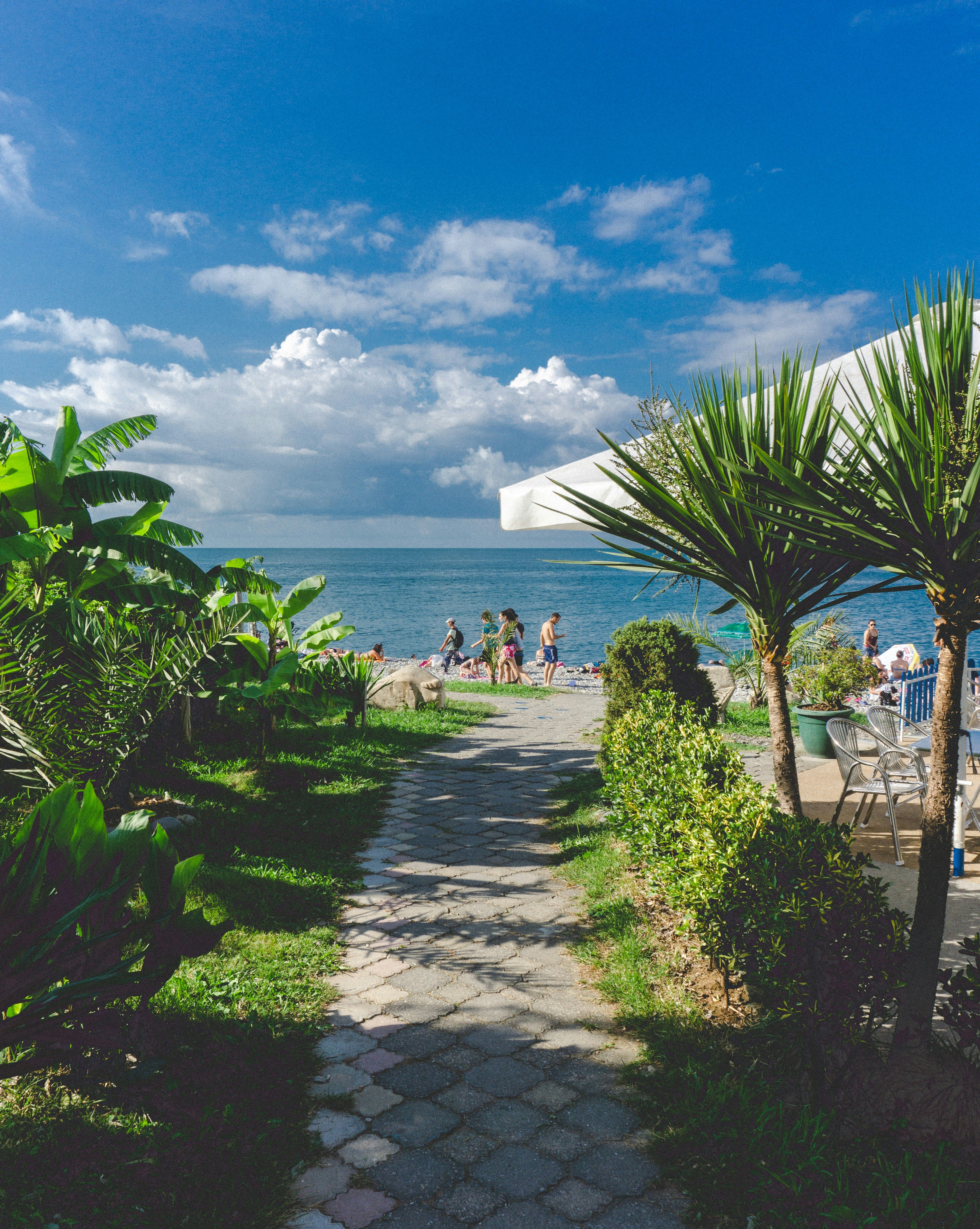Investment in Rentals: Innovative Plan Unites Tax Benefits and Discounted Prices
Starting January 1, 2025, the expiration of the Pinel tax incentive for real estate investment has resulted in a significant 41% drop in the sale of new homes for rental purposes, according to the Federation of Real Estate Developers. This decline can be attributed to the termination of the Pinel tax advantage, which, for the past decade, had offered individual investors a reduction in their income tax in exchange for purchasing new homes to rent out at below-market prices to low-income tenants.
Absent a comparable tax incentive, this marks the first time in four decades that a private rental investment scheme has vanished without a successor. However, a new form of investment in new properties called Intermediate Rental Housing (IRH) for individuals is gaining traction. Halfway between social housing and private housing, IRH was established 11 years ago to facilitate housing for middle-class earners who are too affluent for social housing but unable to afford market-rate housing. IRH offers rental rates that are 10% to 15% less than market rates in high-demand areas.
IRH began admitting individual investors as a result of the 2024 Finance Act. By purchasing an intermediate rental property and agreeing to lease it under certain conditions, buyers can enjoy reduced VAT (Value-Added Tax) of 10%, instead of the standard 20% for new property purchases, and a tax credit covering property tax for 20 years. For instance, in a zone A T2 property, the current market price is 318,000 euros with a standard 20% VAT, while the IRH purchase price drops to 291,000 euros at a 10% VAT rate, representing an immediate savings of 26,500 euros for the buyer. Over 20 years, the exemption from property tax will amount to a savings of 14,110 euros.
To benefit from IRH status, individuals must create a Real Estate Civil Company (SCI), much like legal entities have been doing since 2014. The administrative and management complexities associated with this setup may deter some potential investors. To simplify this process, companies like Icade Promotion and GreenCity Immobilier offer assistance in setting up an SCI and managing it for the first year, for around 1,700 euros.
Although the IRH device is gaining visibility, it remains relatively unknown, as it requires the creation of a corporate entity. However, the market for individual investors has demonstrated interest, as evidenced by the attention of banks and wealth management advisors tasked with marketing this product. The CEO of Icade Promotion asserts that the net yield of IRH for individuals is roughly equivalent to that of the Pinel scheme, around 3% to 3.5%. As planets realign in terms of property prices and loan rates, it's a prime time to seize the opportunity in real estate investment.
© Robert Herhold/Adobe Stock
By Christine Lejoux, Real Estate Manager
Published on, last modified on
- Copy link Link copied
[1] Intermediate Rental Housing (IRH): Facilitating affordable housing for the middle class
[2] Pinel law: Stimulating the construction of new rental housing for the private sector
[3] Comparison between IRH and Pinel: Tax incentives, rental rates, and property prices
[4] Opportunities in Real Estate Investment as Prices, Loan Rates, and the IRH for Individuals Align
Due to the expiration of the Pinel tax incentive, there's a significant drop in new home sales for rental purposes. However, the emerging Intermediate Rental Housing (IRH) is capturing the attention of individual investors as it offers a reduced VAT and tax credit on property tax, similar to the net yield of the Pinel scheme.








